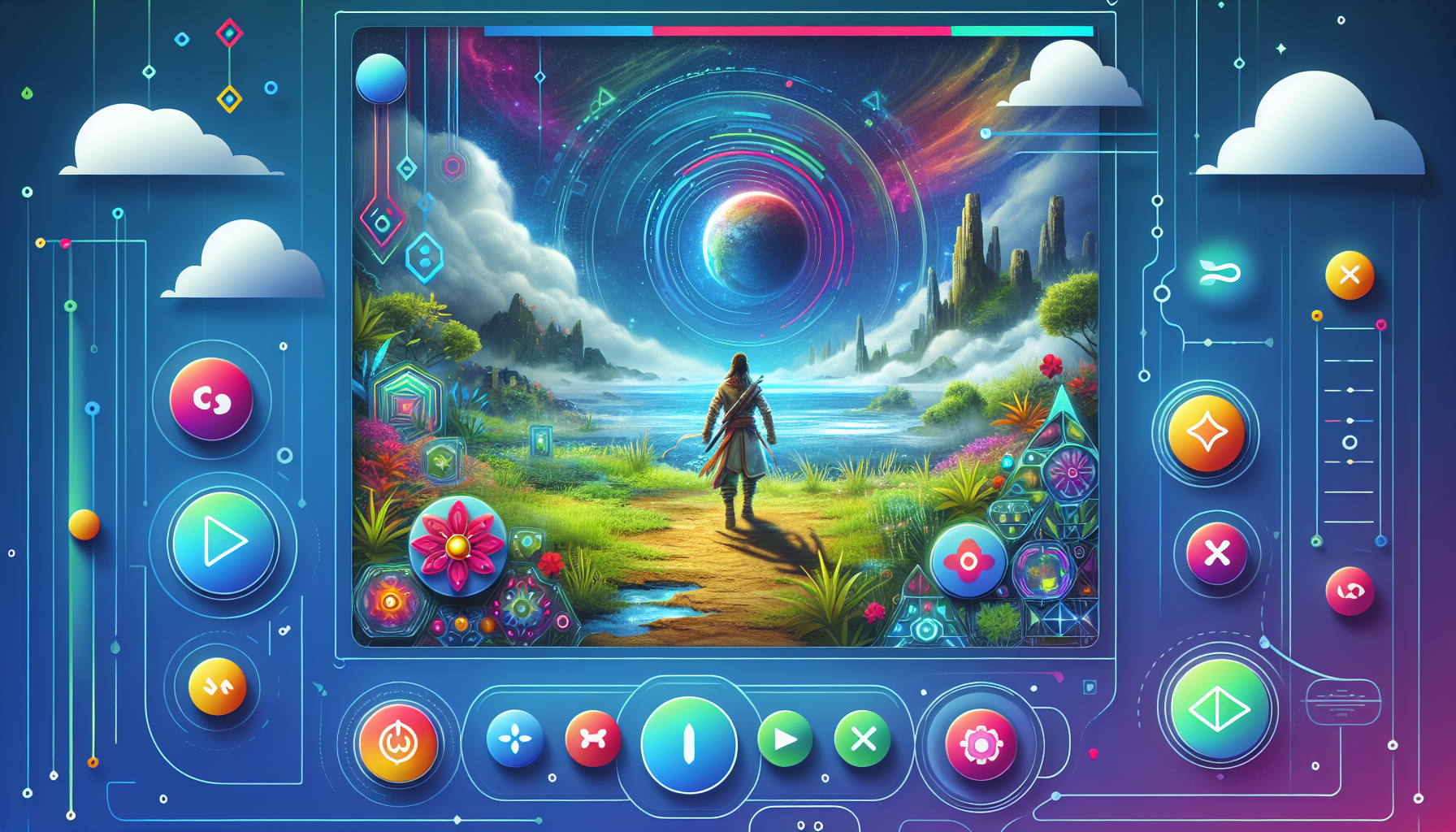In the rapidly evolving world of technology and entertainment, game development stands at the forefront, seamlessly blending creativity, interactivity, and storytelling into immersive experiences. As the industry grows, so does the need to embrace innovative methodologies and technologies that cater to diverse audiences. At the heart of modern game development is the quest to create accessible, inclusive, and engaging content for players of all ages and backgrounds.
One of the most significant advancements in recent years has been the integration of artificial intelligence (AI) in game design. AI-driven characters and environments can adapt in real-time to player actions, providing a personalized experience that evolves with each playthrough. This technology allows developers to create dynamic worlds where players can feel as though they truly inhabit a living, breathing universe. Beyond procedural generation of landscapes and quests, AI is being used to enhance non-playable character (NPC) interactions, making them more realistic and engaging.
Additionally, game development is benefiting from cross-platform technologies, which allow players to engage with their favorite games across multiple devices seamlessly. Whether it’s a console, PC, or a mobile device, developers aim to provide an uninterrupted gaming experience, allowing users to switch between platforms without losing progress. This approach not only increases accessibility but also broadens the potential player base. Services like cloud gaming are also propelling this trend, eliminating the need for high-end hardware and enabling players with modest devices to enjoy graphics-intensive games.
Inclusivity is another key area driving innovation in game development. Today's developers are increasingly conscious of representing different cultures, genders, and abilities in their games. This shift is not just socially responsible but also economically beneficial, as it invites a broader audience to connect with the content. Accessibility options, such as customizable controls, text-to-speech, and colorblind modes, ensure that games are playable by individuals with varying needs.
Moreover, virtual reality (VR) and augmented reality (AR) technologies have opened up new dimensions in gaming, blurring the lines between the virtual and the real world. VR headsets transport players into fully immersive realms, offering experiences that engage not just the sight but the senses of touch and sound. AR, on the other hand, overlays digital content onto the physical world, allowing for interactive experiences in everyday environments. These technologies offer potential educational applications, as well as entertainment, demonstrating the versatile use of games beyond mere pastime activities.
Storytelling in games has also evolved dramatically, with narrative design becoming as crucial as gameplay mechanics. Interactive storytelling allows players to make decisions that affect the outcome of the game, providing a sense of agency and investment in the narrative. Branching storylines and moral dilemmas not only enhance replayability but also foster critical thinking and empathy as players navigate ethical complexities.
Finally, community involvement in game development has paved the way for truly player-focused experiences. Platforms that invite user-generated content and modding communities have fostered collaborative environments where players contribute to game creation and improvement. Feedback loops between developers and the gaming community ensure that products continue to resonate with their audiences long after the initial release.
In conclusion, the future of game development looks promising, driven by technological advancements and a commitment to inclusivity and creativity. As developers continue exploring new frontiers, the potential for creating experiences that resonate universally with diverse audiences remains limitless. By integrating AI, embracing cross-platform solutions, celebrating diversity, and leveraging new technologies like VR and AR, the gaming industry not only entertains but also enriches lives, making it a pioneering force in digital interactivity.
